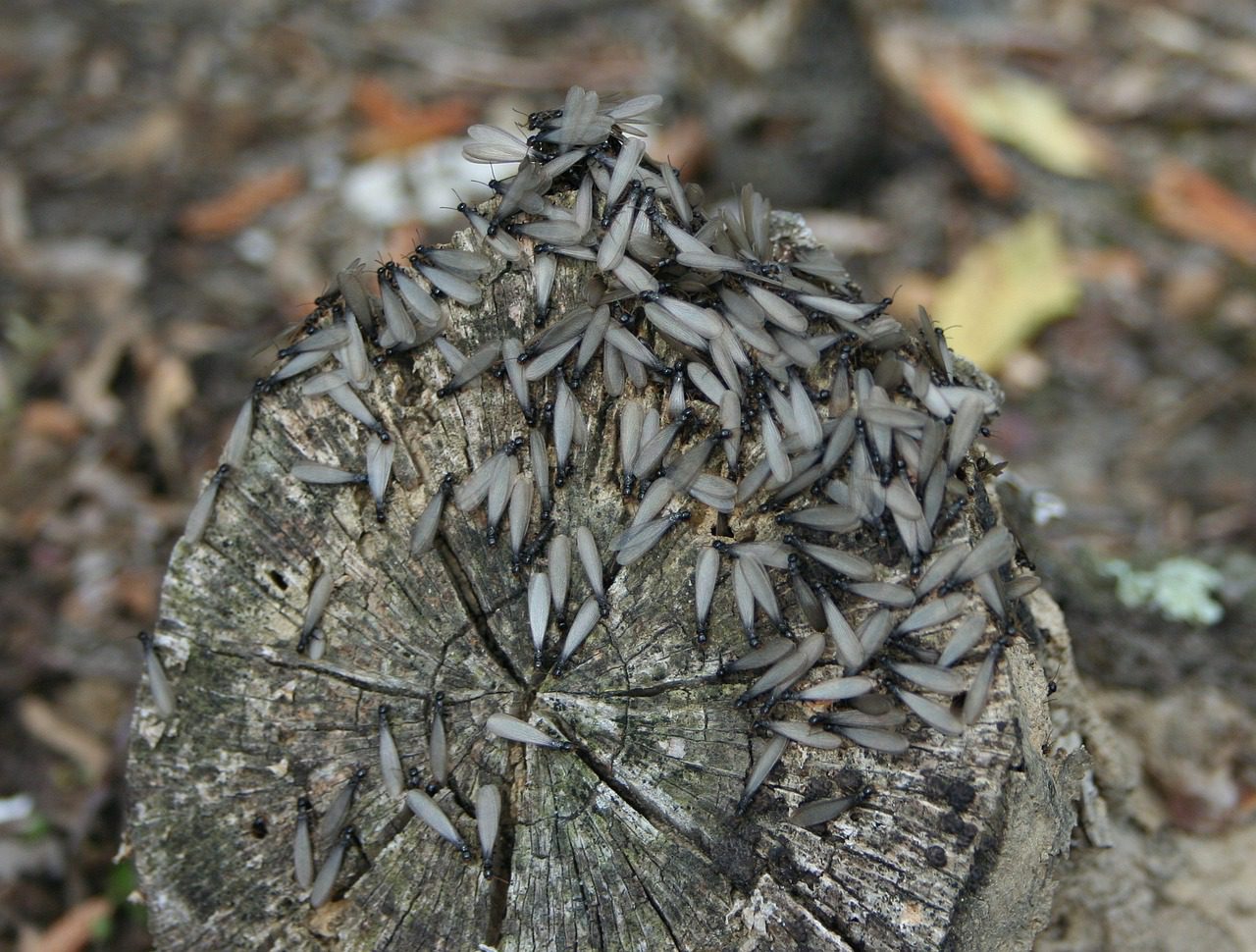Introduction
Living in a rented property brings many advantages, but it also comes with certain responsibilities. One crucial aspect is pest control, which can pose health risks and property damage. In Massachusetts, like in many states, there are specific laws and guidelines regarding pest control responsibilities in rental properties. Understanding these regulations is essential for landlords and tenants to ensure a healthy and habitable living environment.
The Massachusetts State Sanitary Code
The Massachusetts State Sanitary Code regulates the maintenance and habitability of rental properties. One regulation concerns pest control, outlining the responsibilities of landlords and tenants in addressing pest infestations.
Landlord Responsibilities
So, when renting a house who is responsible for pest control? Under Massachusetts law, landlords must provide tenants with a habitable dwelling free from conditions that may endanger health or safety. This includes protecting the premises from rodents, cockroaches, and bedbugs.
Preventative Measures
Landlords must take proactive measures to prevent pest infestations by maintaining cleanliness, sealing entry points, and conducting regular inspections.
Prompt Remediation
If a pest infestation occurs, landlords are responsible for promptly addressing the issue. This may involve hiring professional pest control services to eradicate the pests effectively.
Tenant Responsibilities

While landlords bear the primary responsibility for pest control, tenants also have certain obligations to maintain a pest-free environment.
Maintaining Cleanliness
Tenants must keep their rented unit clean and sanitary to prevent attracting pests. This includes proper food storage, regular garbage disposal, and promptly reporting any signs of pest activity to the landlord.
Cooperation
Tenants are required to cooperate with landlords and pest control professionals during inspections and treatment procedures. Failure to cooperate may result in liability for any damages caused by the infestation.
Legal Recourse for Tenants
If a landlord fails to fulfill their duty to provide a habitable dwelling free from pests, tenants have legal recourse available.
Tenant Remedies
Tenants can take several actions, such as withholding rent, repairing and deducting costs, or seeking court orders to compel the landlord to address the pest infestation.
Local Health Departments
In severe cases where landlords neglect their responsibilities, tenants can file complaints with their local health department, which may conduct inspections and enforce compliance with the sanitary code.
FAQs
My Apartment Has Roaches Can I Break My Lease In Massachusetts
In Massachusetts, tenants have the right to a habitable living environment, which includes being free from pest infestations like roaches. Here’s how this could relate to breaking your lease:
- Notify Your Landlord: You must first notify your landlord in writing about the roach infestation and give them a reasonable time to address the problem. This is typically around 14 to 30 days, but it can be less if the situation is severe.
- Landlord’s Responsibility: The landlord is legally obligated to maintain the rental property in a habitable condition, which includes pest control and eradication.
- Withholding Rent or Repair and Deduct: If the landlord fails to address the infestation, you may have the right to withhold rent or pay for pest control yourself and deduct the cost from your rent (known as “repair and deduct”), but these actions come with legal risks and should be considered carefully.
- Breaking the Lease: If the landlord does not remedy the situation within the reasonable time given, and the infestation makes the living conditions uninhabitable, you might have grounds to break the lease without penalty. However, this is a last resort and should be handled carefully to avoid legal repercussions.
- Legal Advice: It’s important to consult with a tenant-rights lawyer or a local legal aid organization to understand your rights and the proper course of action. They can guide you through the legal process and ensure you’re taking the correct steps to address the issue without jeopardizing your tenant rights.
Before taking any action to break your lease, ensure you have documented the infestation and your communication with your landlord, as this will be important if the issue escalates to a legal dispute.
Are Landlords Responsible For Pest Control
In Massachusetts, landlords are generally responsible for maintaining rental properties in a habitable condition, which includes managing pest control and ensuring the property is free from infestations of pests like rodents, cockroaches, and bedbugs. The state sanitary code mandates that landlords must provide a clean, safe, and sanitary living environment, which encompasses effective pest control measures.
Here’s how the responsibility typically breaks down:
- Initial Infestation and Maintenance: Landlords are responsible for handling any pest infestations that occur when a new tenant moves in or due to structural problems with the property, such as holes or cracks in the walls, floors, or foundation.
- Ongoing Pest Control: Landlords are usually required to conduct regular pest control and maintenance to prevent infestations.
- Tenant’s Role: If an infestation occurs due to a tenant’s behavior, such as leaving food out or not disposing of garbage properly, the tenant may be responsible for the cost of pest control in those circumstances.
- Legal Obligations: If a landlord fails to address a reported pest infestation, tenants may have legal remedies available, including withholding rent or breaking the lease, after following proper legal procedures and providing the landlord with notice and opportunity to fix the issue.
Tenants facing pest infestations should report the problem to their landlord in writing and request timely remediation. If the landlord does not respond or the issue is not resolved satisfactorily, tenants may seek legal advice or contact local health or housing authorities to report the violation of sanitary codes.
Conclusion
In Massachusetts, the responsibility for pest control in rental properties is shared between landlords and tenants, with landlords bearing the primary obligation to maintain a pest-free environment. Understanding these responsibilities is crucial for both parties to ensure a safe and healthy living environment. By adhering to the Massachusetts State Sanitary Code and cooperating with each other, landlords and tenants can effectively prevent and address pest infestations in rental properties.


